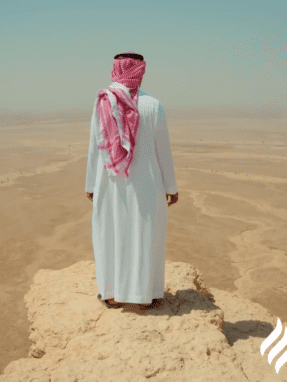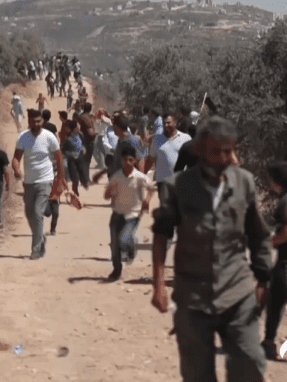Ghana
4 people have prayed for Ghana this month
Click the button download to download the video
DownloadPrayer points
Let us know you prayed today
- Peace, strength in diversity, between the Kusasi and Mamprusi communities. Encouraging inter-ethnic collaboration in development projects will help shift the focus from division to dvdlopmen and progress.
- Additionally, hieftaincy disputes should be resolved through judicial means rather than political interference.
- Bawku to be recognized not for its conflicts, but for its heritage, as an economic hub commerce, and contributing to Ghana’s progress.
About Ghana
PrayerCast Bawku
Bawku, Ghana’s northeasternmost municipality, is a vibrant cultural and commercial hub shaped by German, French, and British influences due to its proximity to Togo and Burkina Faso. This unique blend makes it an attractive destination for traders and tourists. However, despite its economic potential, Bawku has been plagued by communal violence, primarily stemming from chieftaincy and land ownership disputes, making it one of Ghana’s most significant internal conflict zones.
Conflicts in northern Ghana, particularly in Bawku, largely stem from disputes over land ownership and chieftaincy succession, as noted by historian R.S. Rattray. The region’s dominant ethnic group, the Kusasi, historically lived in an acephalous society led by a Tindana (land priest) rather than a centralized chief. In the 17th century, facing external threats from Bizanga warriors, they invited the Mamprusi from Nalerigu to aid in defense. The Mamprusi, descendants of Naa Gbewaa—founder of the Mole-Dagbani kingdoms—settled in Bawku and gradually gained political influence as the Nayiri of Mamprugu began appointing his sons as chiefs. Initially, this arrangement caused little friction, as the Kusasi did not have a chieftaincy structure to challenge it. However, over time, the dynamic shifted, laying the groundwork for future tensions.
When the British arrived in Bawku in the early 1900s, they initially imposed direct rule, which the Kusasi resented due to their acephalous societal structure. In 1931, the British shifted to indirect rule, recognizing Mamprusi chiefs as the local authority since the Kusasi lacked a formal chieftaincy system. While some Kusasi opposed being ruled by the Mamprusi, others accepted it, as it spared them from paying tribute in Nalerigu. After Ghana’s independence in 1957, political divisions deepened, with the Mamprusi aligning with the Northern People’s Party (NPP) and the Kusasi supporting the Convention People’s Party (CPP). In response to growing tensions, the Nkrumah government established the Afari Commission, which ruled in favor of the Kusasi, granting them the right to establish their own chieftaincy. Although the Mamprusi challenged the decision, Ghana’s Court of Appeal upheld it in 1958, legitimizing Kusasi rule and briefly bringing peace to the region.
The 1966 military coup that overthrew Nkrumah’s government reversed the Kusasi chieftaincy decision, with the National Liberation Council (NLC) passing NLCD 112 to reinstate Mamprusi rule in Bawku, effectively nullifying the previous court ruling. From then on, the Bawku conflict took on a strong political dimension, as both the Mamprusi and Kusasi viewed governmental changes as opportunities to regain power. In 1983, Jerry John Rawlings’ Provisional National Defence Council (PNDC) introduced PNDC Law 75, overturning NLCD 112 and restoring Kusasi rule. This led to the removal of the Mamprusi chief and the enthronement of the late Kusasi chief’s son. Since then, the New Patriotic Party (NPP) has been largely associated with the Mamprusi cause, while the National Democratic Congress (NDC) has supported the Kusasi faction, further entrenching political divisions.
Achieving lasting peace in Bawku requires political leaders to disengage from chieftaincy disputes and prioritize governance over traditional leadership struggles.
Related prayer topics

Saudi Arabia
Known for its vast desert landscapes, Saudi Arabia also boasts beautiful coastlines along the…
1 praying

Israel/Palestinian crisis
The Middle East is home to a rich and intricate tapestry of shared heritage…
2 praying








